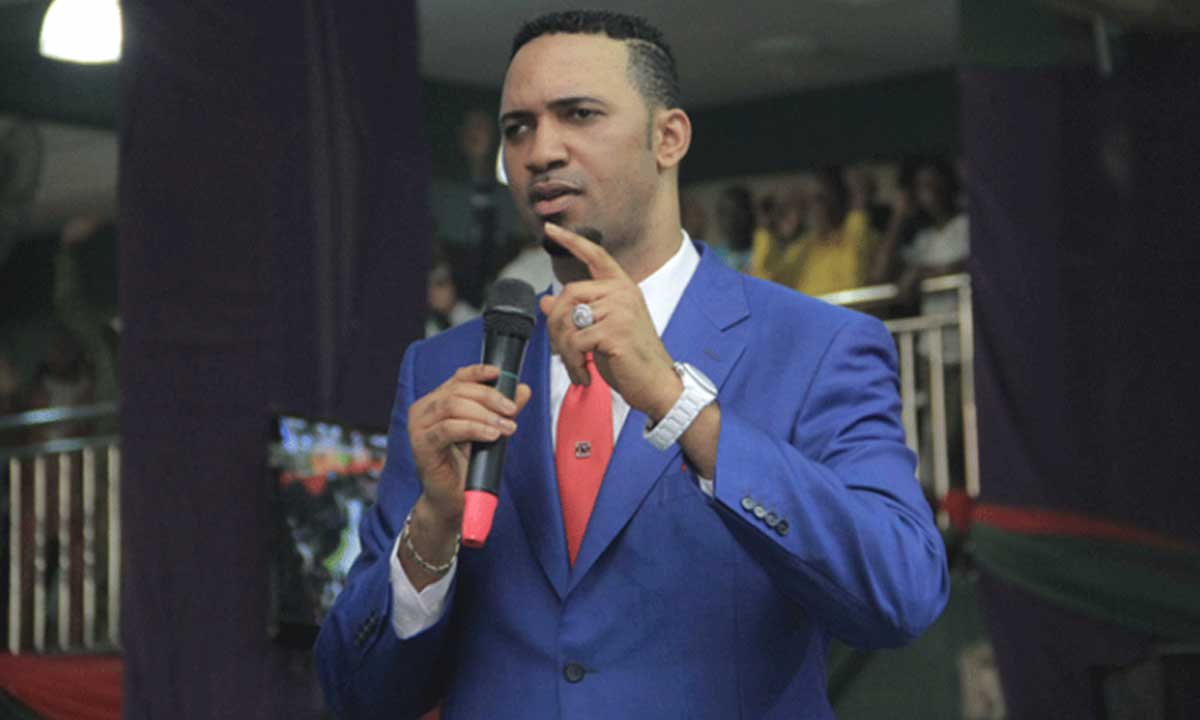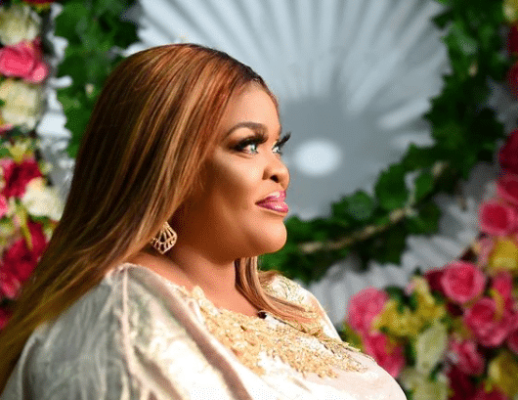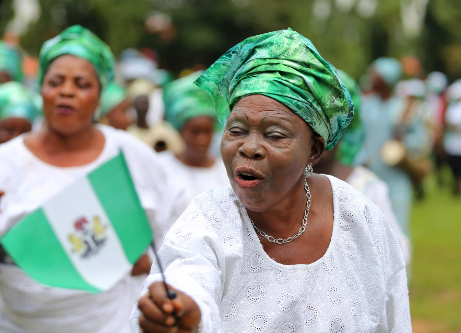
Throughout the world, countries celebrate their independence through national holidays, cultural celebrations and other entertaining ways. From fireworks in the United States to military parades in Nigeria, we take a look at how Independence Day is celebrated around the world.
Nigeria (October 1)
Every year on October 1, Nigerians eagerly anticipate the commemoration of their nation’s liberation from British domination. The Nigerian government observes the occasion, and the celebrations begin with a speech by the president to the nation that is aired on television and radio. The Nigerian Police Force, Ministry of Foreign Affairs, workforce, and national education services are just a few of the organizations that are celebrating. There will also be celebrations across all sectors in Nigeria.
On October 1, while businesses and markets are closed, students from several states put on spectacular traditional dances and performances. At Eagle Square, there is also a yearly civil-military parade, which is attended by important members of the Nigerian Presidential Cabinet.
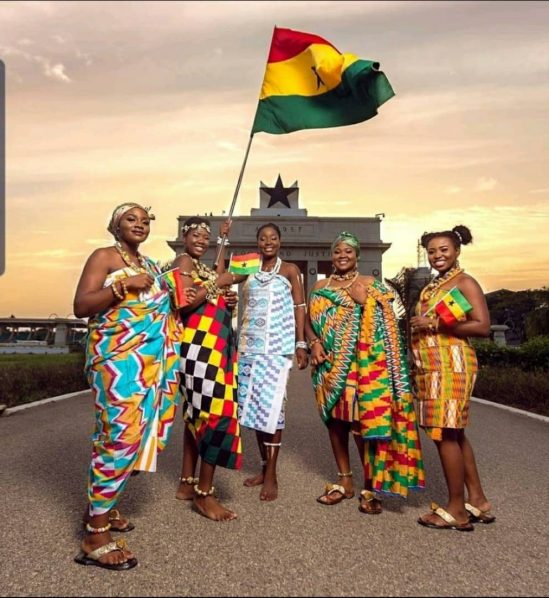
Ghana (March 6)
Ghana’s annual national holiday commemorates the year 1957, the year it was freed from European colonial rule. The country now commemorates the historic occasion every year with parades, marches, and fireworks.
Hip-hop and traditional West African music and dance are combined to commemorate Independence Day in the coastal region. Since the time of former President Kwame Nkrumah, other presidents from neighbouring African nations and Europe have been invited to the nation to take part in the festivities as speakers or visitors.
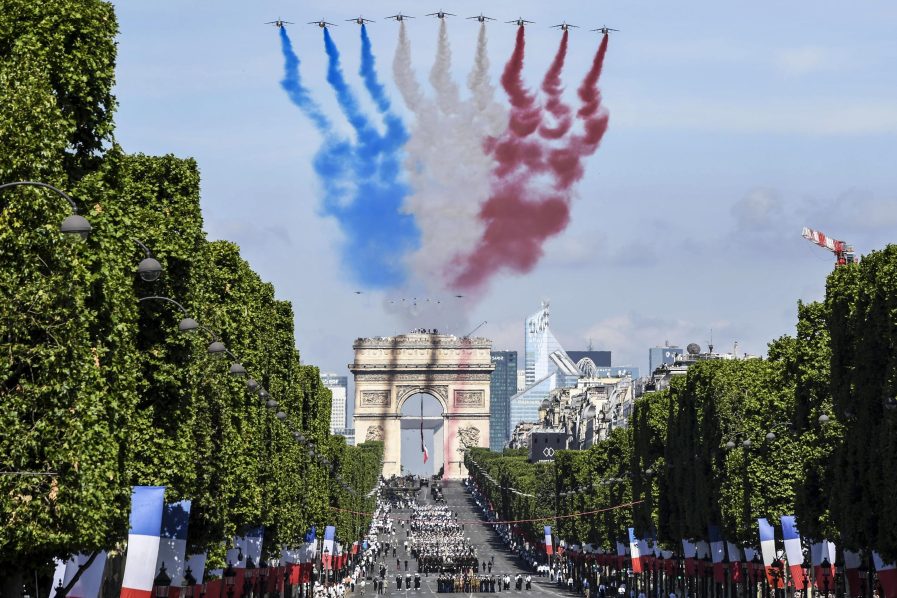
France (July 14)
The name “Bastille Day” is a common one used in English-speaking nations to refer to France’s annual July 14 national holiday. The day kicks off with a military parade on the Champs-Élysées.
To commemorate the day, military parades, fireworks, concerts, balls, and live performances are held. On July 14th, dance parties are customarily hosted by firefighters in remembrance of the storming of the Bastille, a prison in Paris, which kicked off the French Revolution in 1789. The French president may also grant prisoner pardons on July 14.
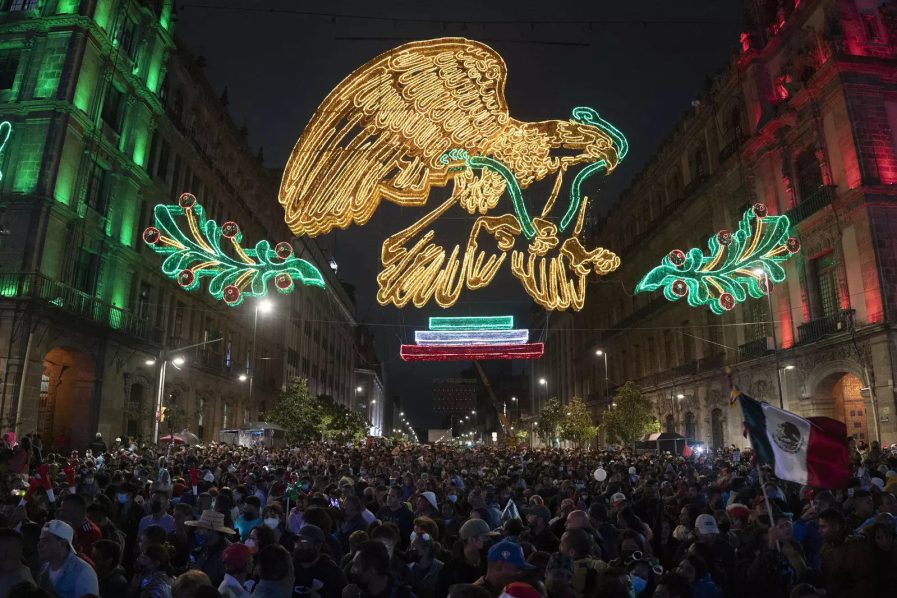
Mexico (September 16)
The 10-year conflict between Mexico (then New Spain) and Spain began in 1810. On September 15, at 11 p.m., the president traditionally rings the iconic liberty bell to kick off the festivities. Then he exclaims, “Mexicanos, Viva Mexico,” or “El Grito.” The national anthem is then sung by the crowd as it responds.
In order to rally the local Mestizos and poor Indians to rise up against the privileged Spanish, the Catholic priest Hidalgo rang the church bell and issued a cry for liberation. This is commemorated. Bullfights, rodeos, parades, and traditional Mexican dances all take place on September 16. The Zócalo, Mexico City’s central plaza, hosts the celebration’s high point during September called Mes de la Patria (month of our nation) while the restaurants serve traditional Mexican dishes.
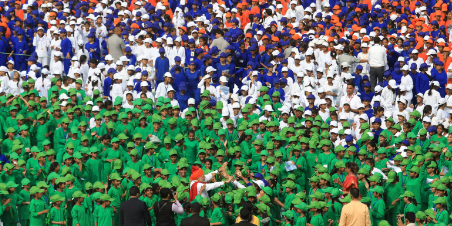
Indian-independence
India (August 15th)
To symbolise its freedom from British rule, saffron, white and emerald-green kites evoking the young country’s tri-coloured flag are flown. It is also typical in most parts of the country for a ceremony and the unfurling of the national flag.
Flag hoisting, parade, fireworks, singing of patriotic songs and the National Anthem Jana Gana Mana, and speech by the Prime Minister of India and President of India are used to celebrate Independence day.
South and North Korea (August 15th)
Every year on August 15, both South and North Korea observe the National Liberation Day of Korea. In North Korea, it is known as Jogukhaebangi nal while in South Korea, it is known as Gwangbokjeol. It commemorates the triumph against Japan that the US and the USSR achieved when they freed Korea from Japanese domination after 35 years.
There are numerous activities and occasions, such as flag-raising ceremonies. The majority of public museums and locations are open and free. Also free is transportation. Currently, North and South Korea observe this holiday independently, and marriages frequently take place on this day. On jubilee years, the festival is frequently observed with a military parade in Kim Il-sung Square with the participation of the Chairman of the State Affairs Commission and Commander-in-Chief of the Armed Forces of North Korea.




